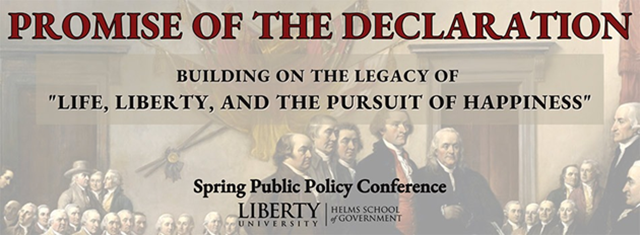Location
Cultural & Social Challenges
Level of Education
Graduate
Secondary Session
Questions of Justice: Past and Present
Keywords
Social Justice, Justice, Liberation Theology, Latin America
Presenter Names and Speeches.
Henrique Krigner
Abstract
In every society, the understanding of justice serves as a cornerstone upon which its institutions can be built and developed. In Latin America, the definition of justice and its application descend from Jesuit Catholic priests who first arrived in the region to preach the gospel and organize societal units throughout the yet unexplored land. The Jesuit interpretation of justice also serves as basis to the Liberation Theology, a Catholic movement created in 1968 by South and Central American priests which placed the poor and oppressed as the main target of God’s grace and mercy. As Catholic and Evangelical leaders stated throughout the years, including Pope Benedict XVI, the Liberation Theology served as a channel to promote a Marxist approach on justice within Christian communities in Latin America, causing Christians to orient their role in society according to humanistic values, instead of Biblical ones.
This paper presents a timeline on the development of a Biblical definition of justice from the Jewish tradition reported in the Old Testament until the Protestant approach to it, also considering the Early Church teachings. It then compares it to the concepts of justice and social justice argued by liberation theologians until this day in many countries in Latin America.
The Jewish, Catholic, and Protestant Definitions of Justice and the Liberation Theology
Cultural & Social Challenges
In every society, the understanding of justice serves as a cornerstone upon which its institutions can be built and developed. In Latin America, the definition of justice and its application descend from Jesuit Catholic priests who first arrived in the region to preach the gospel and organize societal units throughout the yet unexplored land. The Jesuit interpretation of justice also serves as basis to the Liberation Theology, a Catholic movement created in 1968 by South and Central American priests which placed the poor and oppressed as the main target of God’s grace and mercy. As Catholic and Evangelical leaders stated throughout the years, including Pope Benedict XVI, the Liberation Theology served as a channel to promote a Marxist approach on justice within Christian communities in Latin America, causing Christians to orient their role in society according to humanistic values, instead of Biblical ones.
This paper presents a timeline on the development of a Biblical definition of justice from the Jewish tradition reported in the Old Testament until the Protestant approach to it, also considering the Early Church teachings. It then compares it to the concepts of justice and social justice argued by liberation theologians until this day in many countries in Latin America.



